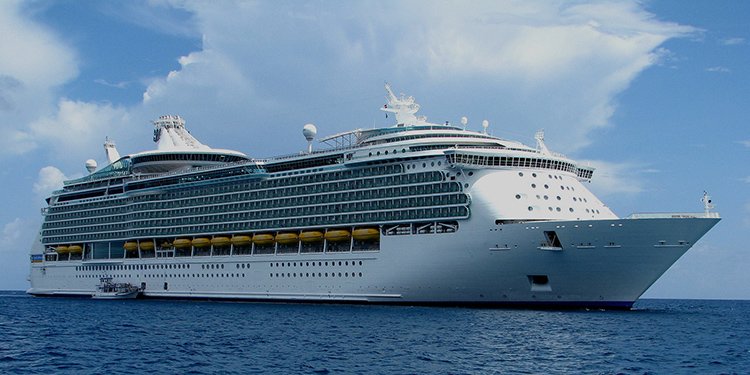
What is the new rule?
The IMO, which is approved by the International Maritime Organization (IMO), will ban the use of ships with sulfur content above 0.5% fuel in 2020, compared with 3.5% at present. At that time, any non - Compliance ship will face a fine and may find that its insurance will be suspended and may be declared "unseaworthy" to prevent them from sailing.
How will it affect the fuel market?
According to the average market forecast by the SEB bank in Norway, the global fleet is now consuming about 4 million barrels of sulphur fuel per day, and about 3 million barrels per day will "disappear overnight," once the limit is put into effect.
Most of the demand is expected to turn to marine diesel, a low sulfur distillate fuel. Morgan Stanley expects that the demand for distillate will reach at least 1 million 500 thousand barrels / day in the next three years, pushing up the total demand for distillate oil to 3 million 200 thousand barrels during that period. But in turn, high demand will also push up prices. The current price of marine diesel is about $250 per ton, but it is expected to rise to $380 per ton by 2020.
Thomson Reuters estimates that fuel costs account for about half of the daily operating costs of ships. According to the average fuel consumption of 20 to 80 tons per day, the cost of using clean fuel ships is about 6000 to 20000 US dollars per day.
Will the scrubber help the shipping industry?
At present, the shipping company can install scrubbers for ships so that ships can continue to use heavy oil. Some ships have installed scrubbers. Global Trading Company Trafigura has ordered scrubbers for its 32 ships. According to the manufacturer, the installation of scrubber can cost $1 million to $6 million per ship, which many operators can not achieve.
According to AlphaTanker, Warren bank, SEB bank and industry analyst, by 2020, about 2000 ships will probably have scrubbers installed. But at present, about 90 thousand ships have about 60 thousand international routes in the world. According to the limited number of manufacturers and the time limit for installation of scrubbers, AlphaTanker estimates that there will be no more than 500 ships per year, and that the number is not more than 300.
So assuming that all ships in the world are equipped with scrubbers, it will take more than 100 years.
Will all ships comply with the rules?
Many ships may try to evade the new regulations, be unable to bear the cost of scrubbers, and are unwilling to pay premium for clean fuels. But how many ships will be "cheating" is still controversial, ranging from 10% to 40%.
Oil giant BP expects 10% of ships to "cheat", and Wood Mackenzie, a consultancy, expects the number to reach about 30% when the sulphur limit was launched in 2020. Citac, a consultant, said that the industry polls showed that the number of "cheating" ships could range from 25% to 40%.
Can the refinery meet new needs?
The global refining industry needs to handle 2 million 500 thousand barrels of crude oil extra to produce distillate oil for cleaner fuels.
Some refineries have invested in reducing sulphur in production, analysts say, but adding hydrocracking unit or coking unit to make refineries to produce more distillate oils with lower sulfur content and reduce fuel production may cost about $1 billion. Small refineries that cannot afford to upgrade may find that they produce fuel oil without finding buyers.
KBC consultancy survey shows that 40% of the Middle East and European refineries are not ready. European factories are often not as complex as other regions, and may face the greatest challenge.
Morgan Stanley says Spanish Repsol, Turkey Tupras, India Reliance and American independent Valero refineries are the best choices because they have produced high middle distillate oils and high fuel oil with low sulfur content.
What will happen to the crude oil market?
The simplest way for refineries to produce fuel with less sulfur is to buy and deal with less sulfur, which may change the demand for different types of crude and lead to greater volatility in the oil market.
Who will pay the price?
Energy companies and shippers may face reduced profit margins. However, the ultimate additional cost may fall to consumers. From household appliances to gasoline all over the world, about 90% of world trade is carried out by sea.
Wood Mackenzie estimates that by 2020, global shipping fuel costs could increase by 1/4, or $24 billion. Others estimate that the additional cost of container shipping will be between $35 billion and $40 billion.
- --- from the shipping trade bulletin
Add: F17, Block C, No.28 Jingkou Road, Qingdao, China
Tel/Fax:+86 0532 8092 0206
E-mail:sales@everglorymarine.com